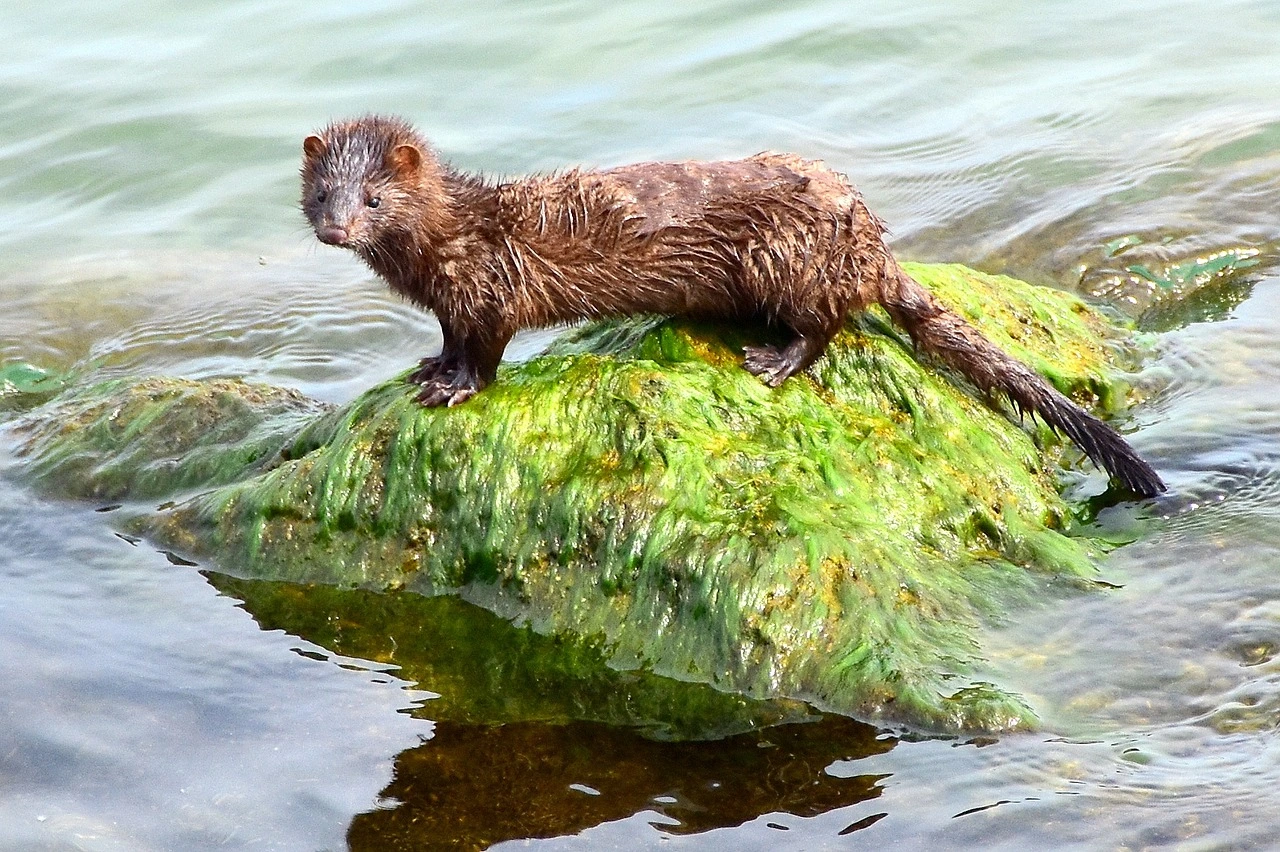Minks as pets have gained attention among exotic pet enthusiasts for their playful nature and intelligence. These semi-aquatic creatures may seem fascinating, but owning a mink requires significant commitment, knowledge, and preparation. This article will explore everything you need to know, including their care, legal considerations, and challenges.
For more exotic pet options, check out our guide on exotic pets for emotional support.
Are Minks Legal as Pets?
The legality of owning a mink as a pet varies by region. In the United States, laws differ by state. While some states allow mink ownership with permits, others strictly prohibit it. Researching and complying with local regulations before considering a mink as a pet is essential.
Ethical concerns also arise when keeping wild animals as pets. Minks have instincts that may not align with domestic life.
Learn more about ethical considerations for exotic animals in our post on why Bengal cats are illegal in some areas.
Do Minks Make Good Pets?
Minks are highly energetic and intelligent animals, known for their playful and curious nature. However, they are not domesticated and may not suit the expectations of traditional pet owners. They require constant enrichment, plenty of space, and a dedicated owner who understands their behavior.
For insights into exotic pet behavior, visit our article on therapy animals for social anxiety.
What Do Minks Eat?
Minks are carnivores with a diet that includes fish, meat, and small animals like rodents and birds. Providing a proper diet can be costly and challenging, as it involves sourcing fresh or frozen prey. A balanced diet is critical for their health and well-being.
For tips on feeding exotic pets, check out our post on low-maintenance pets with emotional benefits.
Housing and Environment for Minks
Minks require a spacious and secure enclosure that includes:
- Water Access: Minks love to swim, so a water feature like a pond or pool is essential.
- Climbing Structures: They are agile and need opportunities to climb and explore.
- Enrichment: Toys and objects to stimulate their intelligence and prevent boredom.
Indoor housing is not suitable due to their high activity levels and need for outdoor-like environments.
Learn more about creating ideal habitats in our guide on how to care for exotic pets.
Lifespan and Long-Term Commitment
Minks live approximately 8-10 years in captivity, which requires a significant long-term commitment. Owners must ensure they have the time, resources, and knowledge to care for a mink throughout its life.
For more on long-term pet care, visit our post on how cats help with loneliness.
Are Minks Friendly and Trainable?
While minks can form bonds with their owners, they are not naturally social animals. They may bite or display aggressive behavior if frightened or mishandled. Training minks requires patience and consistency but has its limitations due to their wild instincts.
For guidance on training exotic animals, explore our article on therapeutic dogs for autism support.
Challenges of Keeping Minks as Pets
Owning a mink comes with several challenges:
- High Energy Levels: Minks are active and require constant stimulation.
- Dietary Needs: Maintaining a carnivorous diet is time-consuming and expensive.
- Noise and Smell: Minks can be noisy, and their scent glands may cause odors.
- Potential Aggression: Handling minks requires experience and caution.
For alternatives to high-maintenance pets, check out our post on the top companionship pets for comfort and support.
Alternatives to Keeping Minks as Pets
If owning a mink feels overwhelming, consider these alternatives:
- Visit wildlife sanctuaries to observe minks in their natural habitat.
- Support mink conservation efforts.
- Explore other exotic pets that are easier to care for.
For more about ethical wildlife enjoyment, check out our article on animal-assisted therapy techniques.
Conclusion
Minks as pets can be rewarding for the right owner but require extensive research, preparation, and dedication. Their wild instincts, care requirements, and challenges make them unsuitable for most households. Consider alternatives or other exotic pets if you’re intrigued by their unique characteristics.
For more insights into exotic pets and their care, visit our homepage: Therappets.

